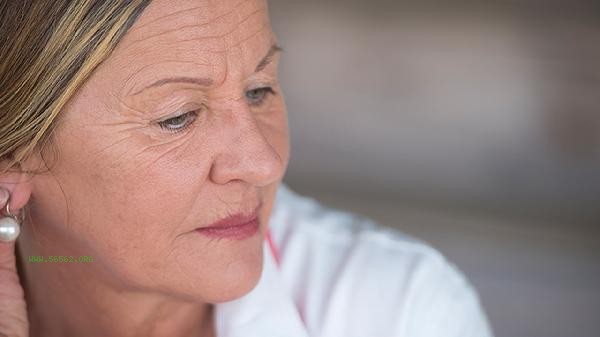Menopausal women with shortness of breath can alleviate it by adjusting their lifestyle, supplementing nutrition, psychological regulation, moderate exercise, and traditional Chinese medicine treatment. Shortness of breath may be related to factors such as hormonal fluctuations, decreased heart and lung function, anemia, anxiety, or chronic diseases.

1. Adjust your lifestyle
Maintain a regular schedule and avoid staying up late and overworking. Pay attention to ventilation indoors and avoid prolonged exposure to a sealed environment. Quit smoking, limit alcohol consumption, and reduce caffeine intake. Adopting abdominal breathing training, repeated daily, can enhance diaphragm strength and improve respiratory efficiency.
2. Supplement nutrition
Increase iron containing foods such as animal liver and spinach to prevent anemia, and supplement high-quality protein such as fish and soy products to maintain muscle function. Moderate intake of nuts and olive oil rich in vitamin E can help regulate endocrine function. Avoid high salt diets to reduce the burden on the heart.
3. Psychological regulation
Relieves anxiety through mindfulness meditation, horticultural therapy, and other methods. Participate in social activities to divert attention, and seek psychological counseling if necessary. Maintaining emotional stability can help reduce chest tightness symptoms caused by excessive ventilation.

4. Moderate exercise
Choose Tai Chi, yoga, and aerobic exercise, and persist in them every week to improve lung capacity. Warm up and stretch before and after exercise to avoid palpitations caused by intense physical activity. Water sports have low joint pressure and are suitable for improving cardiovascular function in obese individuals.
5. Traditional Chinese Medicine Conditioning
Those with insufficient qi and blood can take Guipi Pill, Shengmai Drink and other traditional Chinese patent medicines and simple preparations according to the doctor's advice. Moxibustion at acupoints such as Guan Yuan and Zu San Li can tonify the vitality. Personalized combination of traditional Chinese medicine decoctions, such as Gan Mai Da Zao Tang, can improve the shortness of breath associated with yin deficiency and hot flashes after identifying physical constitution. Menopausal women who experience persistent shortness of breath should monitor changes in blood pressure and heart rate, and undergo regular blood routine and thyroid function tests. Daily symptom occurrence time and triggers can be recorded, and detailed medical history can be provided during the visit. Eat small and frequent meals to avoid stomach pressure on the diaphragm, and wear loose clothing to reduce chest tightness. If accompanied by chest pain, coughing up blood, or paroxysmal dyspnea at night, seek medical attention immediately to rule out cardiovascular and pulmonary organic diseases. Maintaining moderate socialization and hobbies can help smooth out the menopausal transition phase.





Comments (0)
Leave a Comment
No comments yet
Be the first to share your thoughts!